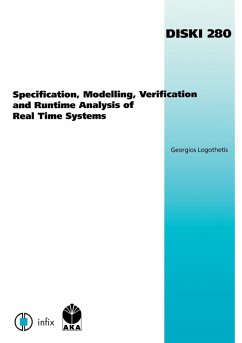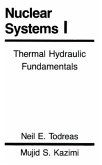This book focuses on the use of formal methods in order to guarantee the correctness of real-time systems. For this purpose, the formal framework Equinox is introduced, which allows the specification, modeling, verification and runtime analysis of real-time systems. New sophisticated methods allow a formally verifiable design, development and realization of real-time systems directly out of synchronous languages. This enables for the first time a bridging between industrial real-time descriptions and formal real-time verification. Timed Kripke structures are introduced as formal models, in order to allow abstractions in real-time systems, without loss of quantitative properties. The ability of modeling non-interruptible processes and atomic timed actions enables also the low-level verification of real-time systems. The new temporal logic JCTL has been developed as a real-time extension of the widely used logic CTL. Overcoming the problems of other real-time logics, JCTL is directly defined on timed Kripke structures and allows the use of established symbolic techniques. In contrast to other approaches, these methods enable the direct generation of a final formal model without parallel composition of single sub-models, avoiding several known problems, like state space explosion, or deadlocks and timelocks. An exact and detailed low-level runtime analysis is introduced, which in combination with the modeling capabilities of timed Kripke structures enables for the first time the low-level verification of real-time systems.
Bitte wählen Sie Ihr Anliegen aus.
Rechnungen
Retourenschein anfordern
Bestellstatus
Storno









